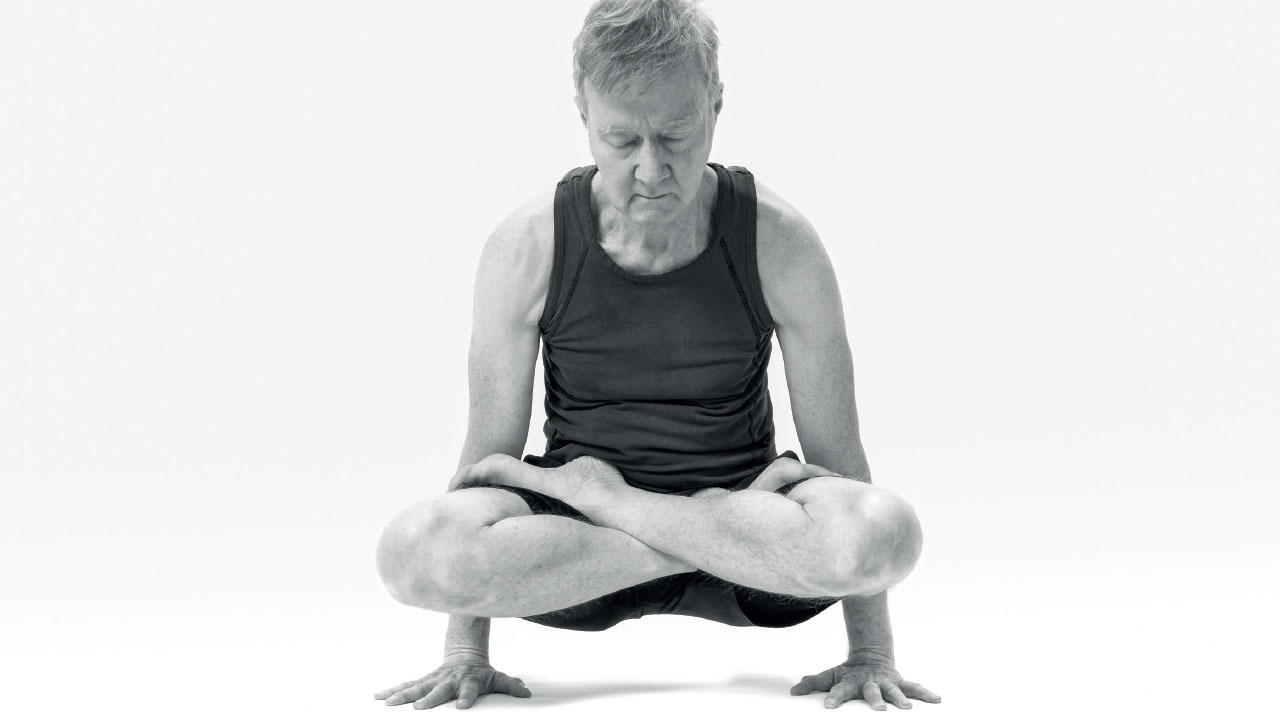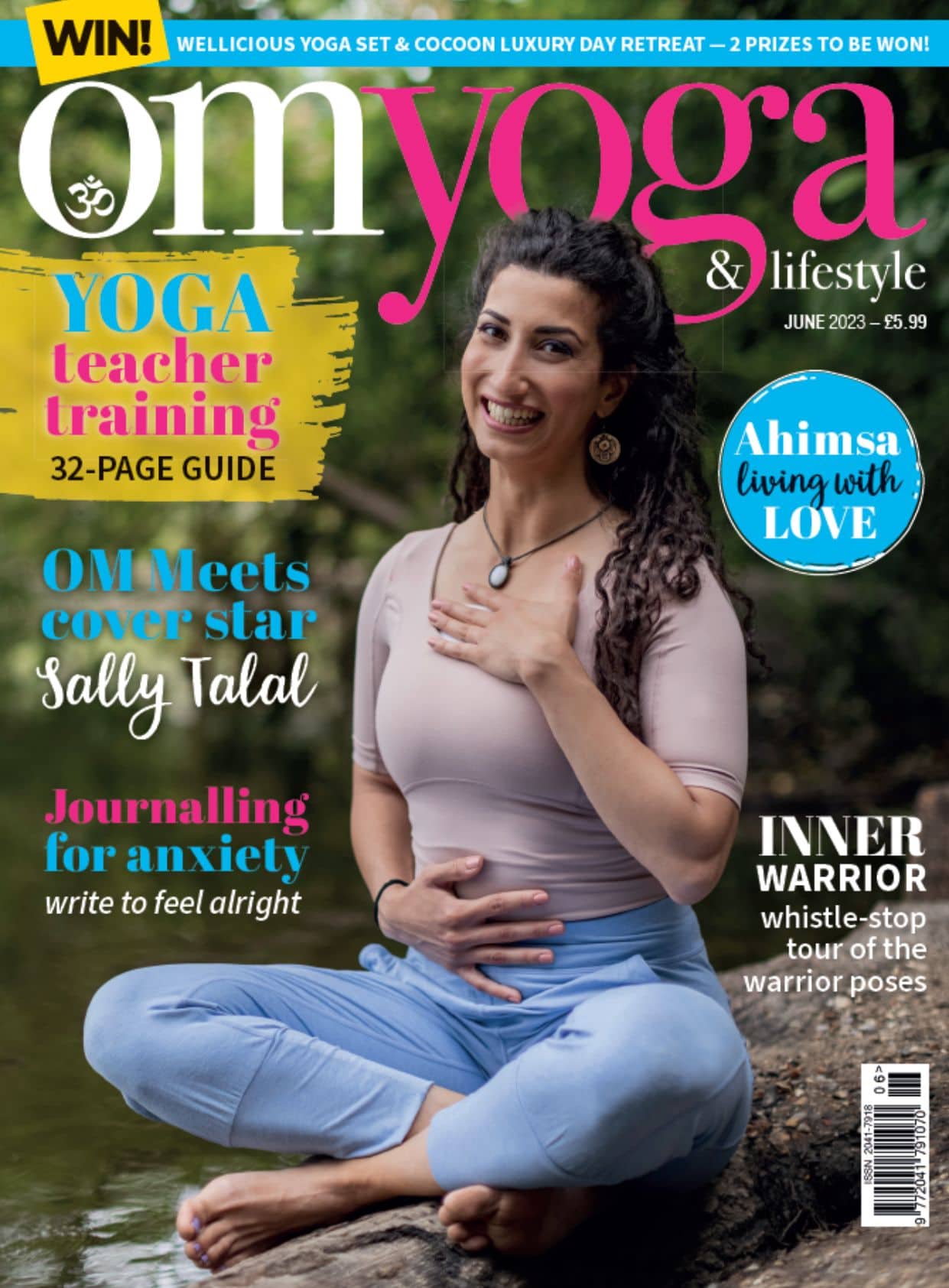
What really happens on a yoga teacher training course?
Will Lavin outlines some of the many physical and emotional challenges commonly experienced during a yoga teacher training
Reading time: 3 minutes
So you've decided that you're ready to embark on a yoga teacher training course.
Are you physically fit enough? Will the other students on the course be 'better' than you? Well, in theory 'yoga' should be for everyone, so whether you intend to teach extreme Yang or gentle Yin, you should be able to find an audience.
However, as yoga teacher training courses will necessarily need to teach several forms of asana, you may struggle if you expect to only practice gentle forms. It would be advisable to have this conversation with the course tutor before embarking. You shouldn't need to be able to flow through the Ashtanga Third Series, but you should have a proficient practice and a reasonable level of fitness.
But remember: there is no 'better' in yoga. You may be demoralised when you see other students flying around, but they may be missing different aspects (pranayama, alignment, etc.) that you excel at. So never compare, and be confident in your own skillset.
Also be aware that a yoga teacher training course by definition will not be designed to teach you yoga. it will be geared to teaching you how to teach yoga. There will be many asana practice sessions, but you will find that the emphasis is different from classes you have attended previously – the tutor will be teaching you with a view to you teaching the practice yourself.
There may be a range of different yoga styles taught, and you have to decide which style you will feel confident teaching. The tutor will teach you a 'script' of instructions, but you will need to develop your own vocabulary too. You should also be taught that a yoga teacher is not someone who lays out a mat at the front of the class and runs through their own practice. Instead, you will need to always observe students. The most important aspect in teaching is to ensure that everyone attending is safe (including yourself).
You will learn that yoga is not just about asanas. Every course should include all the other components (Patanjali's Eight Limbs of Yoga), and will study important texts such as the Hatha Yoga Pradipika, in order to highlight the historical and philosophical aspects of the practice.
Don't underestimate the amount of studying required on the course. A good course will expect you to read the course books and discuss as a group during the in-person modules.
But also be mindful that although you will have studied anatomy, philosophy and history, you will not be qualifying as a doctor, philosopher or historian. You will need just enough of these elements to be able to provide relevant information to your future studies.
There will be a lot of laughter, and maybe a few tears, but the lessons learnt and friends made should last a lifetime.
Will Lavin is a senior yoga teacher and trainer, and runs regular teacher training courses. Visit: YogaTTS.co.uk




